This week we are interviewing Clayborn Press author Dave Heny following the release of his new book, Lost and Stranded. You can follow him on Amazon: https://www.amazon.com/Dave-Henry
1. How long have you been writing and what is your proudest accomplishment so far?
I’ve been writing professionally as a journalist and editor for more than 25 years. I have been writing fiction on and off over the years, a screenplay here, some parts of stories there, but never finished a novel until a few years ago. I have been fortunate enough to get two novels published, including Lost and Stranded, so I’d have to say that’s my proudest accomplishment.
2. What advice would you offer new writers?
In the few hours we all have per week in our lives to just write, it’s hard to just flip the switch and say, “OK Dave, write.” To which I’d often stare at the page and say to myself, write what? That’s why, starting out, it’s really important to outline your story. Have a beginning, an end, a few somewhat fleshed out characters, places you want them to go to get to the end, and it’s a easier to be more productive in those few hours you have to write.
3. What is something that you struggle with the most when you are writing?
I always try to write in my voice. When my writing is bad, I find I have lost my voice or I am trying to copy someone else’s voice. And I can always tell when I re-read a chapter or passage if I’ve lost my voice. If that’s the case, I’ll go back and re-write it. I think that the more that I write, the more I find my voice. When you start out, you tend to emulate other voices of authors you like, which is natural.. But over time, you develop your own voice and that’s key.
4. As a writer, do you have any literary pet peeves when reading books?
That’s a tough one. I’m very picky about the books and authors I read, so if I find something I don’t like, I’ll just toss the book aside and go on to the next one. I also love to get lost in a series of books — King’s Dark Tower series, Harry Potter, Ken Follett’s century trilogy and Pillars of the Earth series, Game of Thrones, among others.
5. When you decided to put your books out for sale, did you go Indie, small press, or with an agent? And what factors contributed to that decision?
I sent out my manuscripts and queries to both agents and small presses. I had some interest from a few agents, but also received interest from small presses. I decided to go the small press route because I like working directly with the publishers, who have been great.
6. Are you working on anything new?
Yes, I’m working on a sequel to my first novel, Turtle Island. Turtle Island, the name some Native American tribes had for America, is an alternative version of America, which the protagonist, Don Masters and his family, stumbled into through a portal. Turtle Island diverged from our history after the Pilgrims landed at Plymouth Rock, so its a very different place than America. In the first novel, the Masters find themselves having to compete in a barbaric competition for their freedom.
7. Would you describe yourself more as a “pantser” or an “architect” type of writer? (someone who makes it up as they go along, or someone who plans meticulously)
I definitely started out as an architect, meticulously plotting out every chapter beforehand. But over the years I’ve become more of the former, just making it up as I go along. I’d say I’m now somewhere between the two.
8. What is your writing process like?
I’m usually sitting on my laptop on the couch with the TV going in the background. Once I get in the zone, I tune everything else out, so I don’t have a problem with kids running around or watching TV. But its usually in short bursts. I’ll bang out a chapter in an hour or so, then close up the laptop until the next opportunity to write comes up.
9. Do you use any special tools or programs to help you write?
No, I do most of it on my laptop. Once in awhile I’ll work on my desktop computer at a desk, but most of the time its out in the living room. I prefer writing with background noise. Somehow it focuses me more than being squirreled away in a quiet corner.
10. Is there anything else that you’d like to share with reader or aspiring writers?
Just keep writing. As with anything else, it takes lots and lots or practice to do it well. I don’t think that I’m even scratching the surface of how good I could be, but I am getting better with every project, so that’s what I try to do.

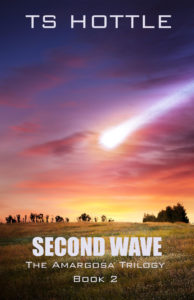
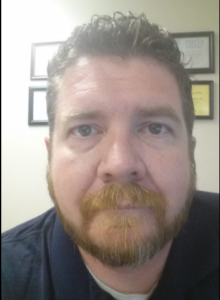 This week we are talking with multi-genre author JJ Clayborn. You can find him on his website:
This week we are talking with multi-genre author JJ Clayborn. You can find him on his website: 

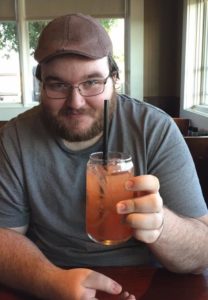 This week we are talking with Clayborn Press author G. Michael Rapp. He was featured in
This week we are talking with Clayborn Press author G. Michael Rapp. He was featured in 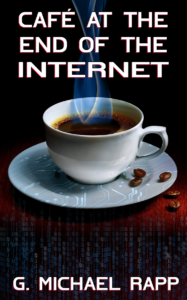
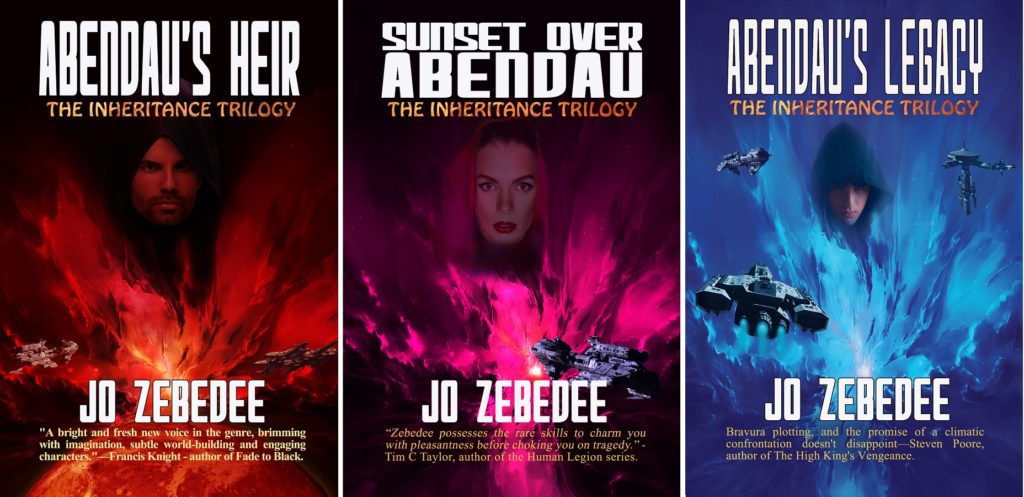
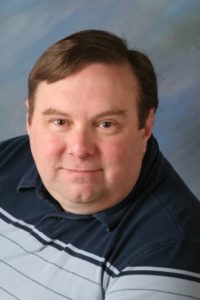
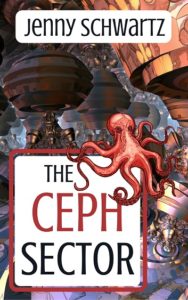 Are you working on anything new?
Are you working on anything new?